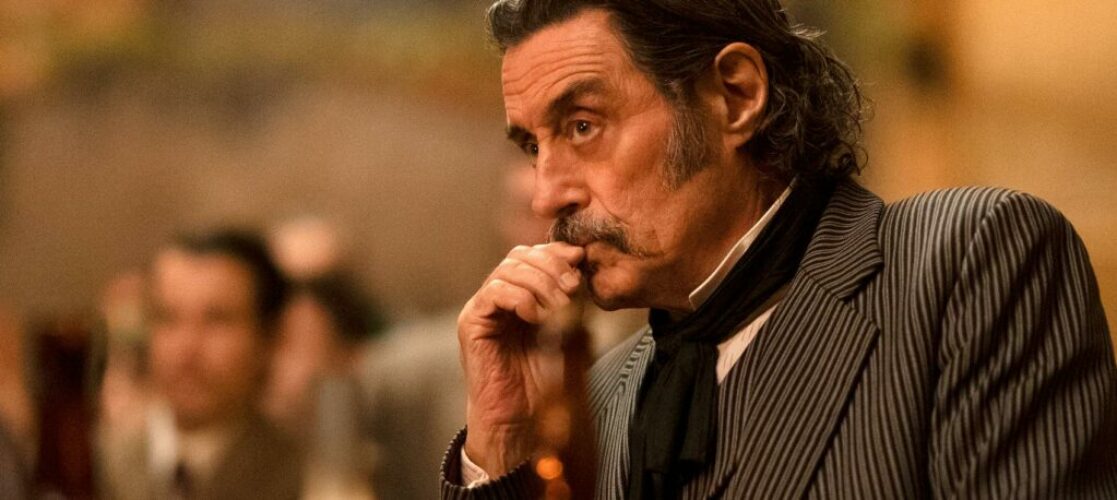“A good way to hear God laugh” (David Milch, Deadwood, and Saint Paul)


“I believe one way God says, “I too have a hand here” is in the rhythms and metrics of speech,” writes David Milch, the author of television’s most profane iambic pentameter, in Life’s Work: A Memoir. “[…] The metrics of speech are important and representative of our fellowship even in those of us who feel, mistakenly, that we are separate from each other as individuals.”
That paragraph could well be the perfect synopsis of Milch’s career; fitting enough, as Life’s Work is a self-knowing epilogue — also effectively a last will and testament — to Milch’s corpus. Milch and his family assembled the book through years of dictation by amanuensis as Milch’s Alzheimers has sent him into a decline. Considering that slow process, Life’s Work is stunningly cogent — possibly one of the best I’ve ever read — comparable only to something like Blackstar in its powerful finality.
In essence, Life’s Work is a prayer — like all art is, particularly Milch’s. “Every day, before I write, I pray, and I ask to be willing, and then I see what happens. “I offer myself to Thee to build with me and do with me as Thou wilt. Relieve me of the bondage of self, that I may better do Thy will.” (This is a practice I have started to borrow from Milch — although for him it’s an AA method, whereas I have the curse of alcohol intolerance which prevents me from downing whiskey over a typewriter.) Writing starts with an act of contrition — with utter humility. Art comes from forgiveness.
One gets the impression Milch’s work is fundamentally based in dialogue, not only with God, but with other people (although frankly, that’s not a distinction which has any meaning). Certain truths percolate through the encephalic plaque that accompanies Alzheimers.
“When I look at my grandchildren or I hold them, I can feel that it’s only my individual strength that is subsiding. The strength in the family, in the species, and in the whole beating heart of the universe hasn’t subsided at all.”
Milch’s dedication to the idea of humanity as one contiguous organism comes through even as he gives the impression of being a single-minded solipsist whose drug-and-booze-addled decision-making leads him to do things like sign off part of his ownership in a network TV show to his Vicodin dealer. Or when Milch, as a Yale student, tripping balls on acid, blows out street lights and a police car siren with a shotgun (he then told the cops “I’ll confess when your badge stops melting”). Milch’s account of his addictions, including a gambling penchant which cost his family their financial security, evince a clear sign of an urgent need to fulfill his own desires. His devotion to universalist community is genuine, but it’s clearly tied to his need for gratification.
To call Milch a monomaniac would be problematic given his diagnosed OCD (and learn harder into diagnosis than I’m remotely interested in doing) and yet it’s not exactly wrong.…
